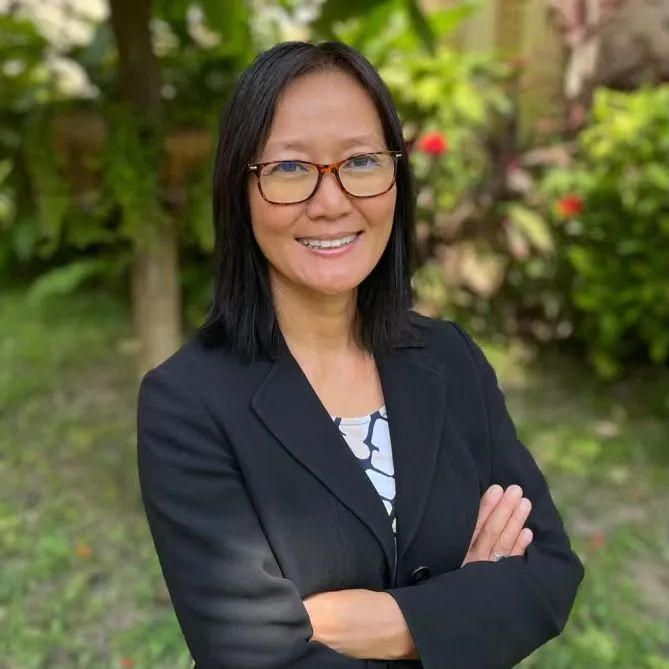In order to broaden students' international perspective and enhance their understanding of international organizations and international affairs, the College held a lecture entitled Overview of International Organizations in the Third Lecture Hall of Zhengyang Building on December 15. The lecture was delivered by Dr. Liang Xiaoyan, Chief education expert of the World Bank (hereinafter referred to as World Bank), presided over by President Hua ng Xiao, and attended by more than 60 class teachers, faculty representatives and undergraduates.
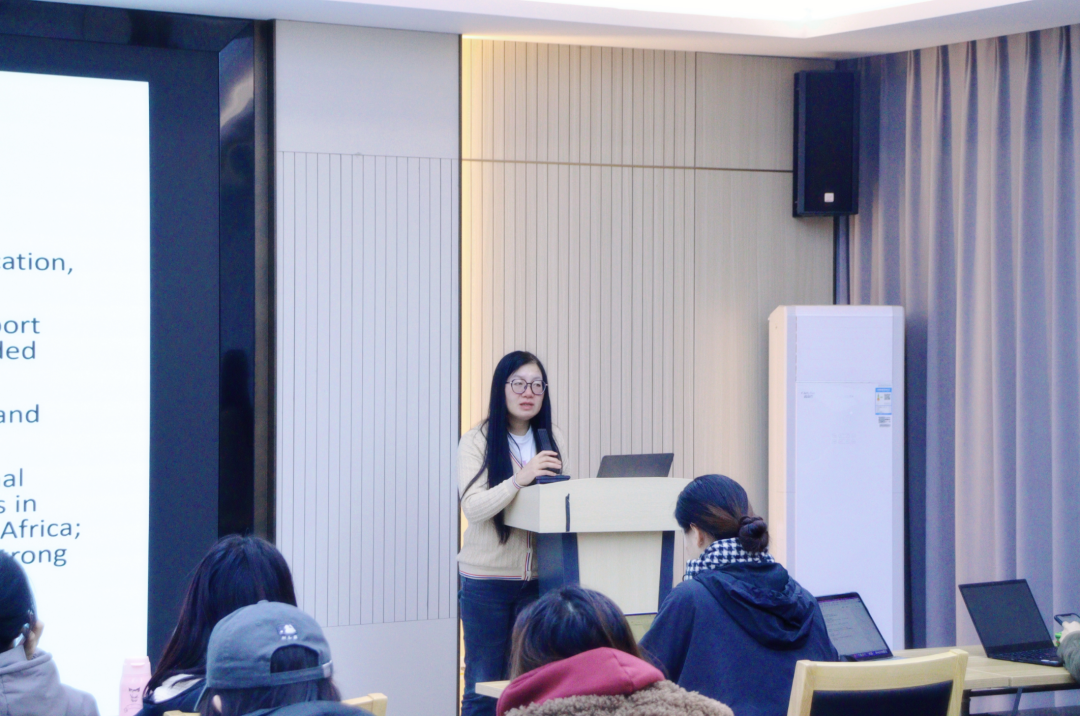
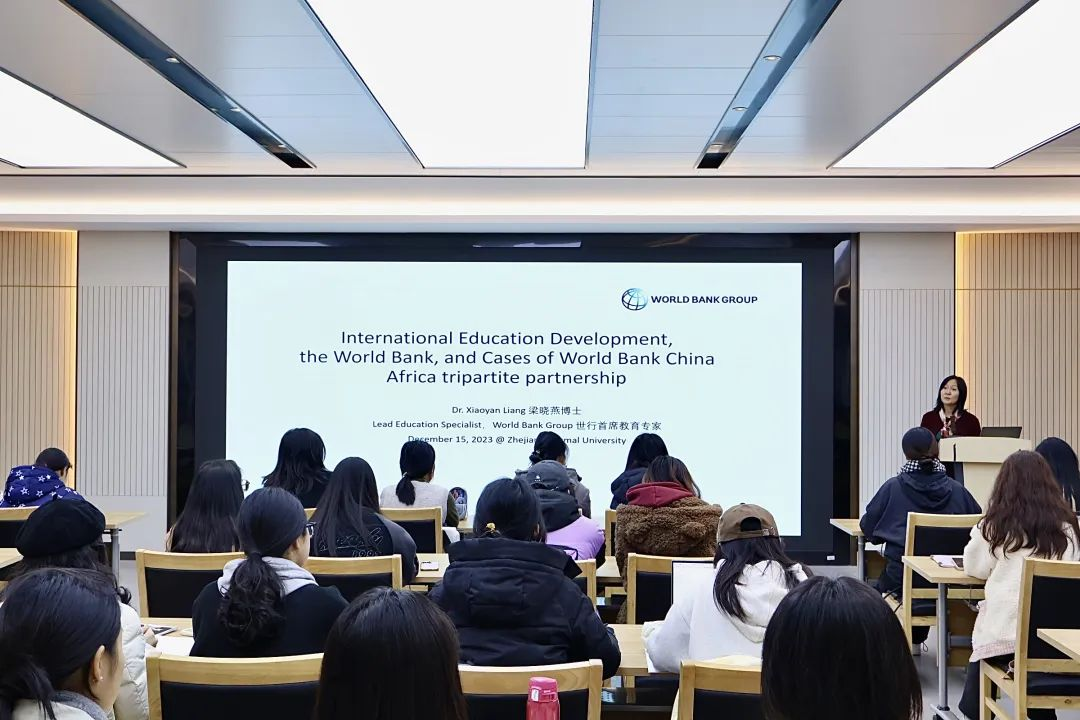
Dr. Leung first introduced the operational mechanisms of international organizations such as UNESCO, UNICEF and the World Bank. She then focused on the background, mission and purpose of her institution, the Bank. The Bank's main goal is to end extreme poverty and promote shared prosperity through sustainable development. The Bank's philosophy is that education is an investment and a prerequisite for reducing poverty, promoting growth and enhancing competitiveness.
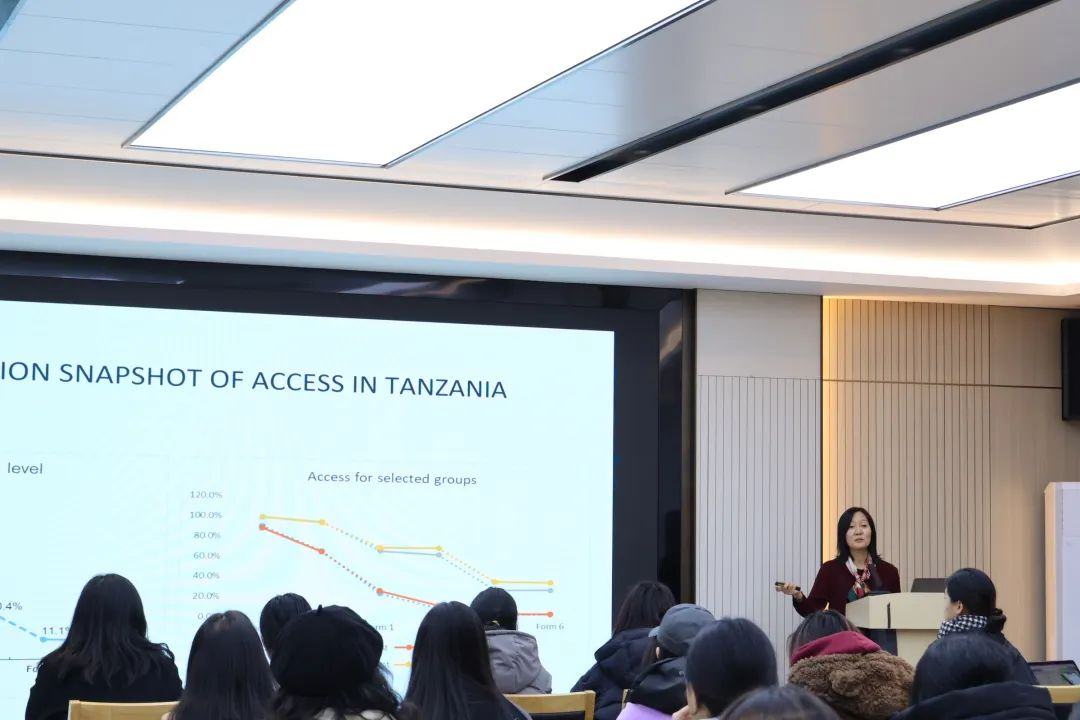
Second, she analyzes the remaining problems in global education in the context of the World Development Report 2018: The Learning Crisis, published by the Bank. First, the problem of access to education remains widespread. Access for students from sub-Saharan Africa is particularly problematic. Second, poor learning outcomes are another challenge for global education, and this is even more evident during the pandemic.
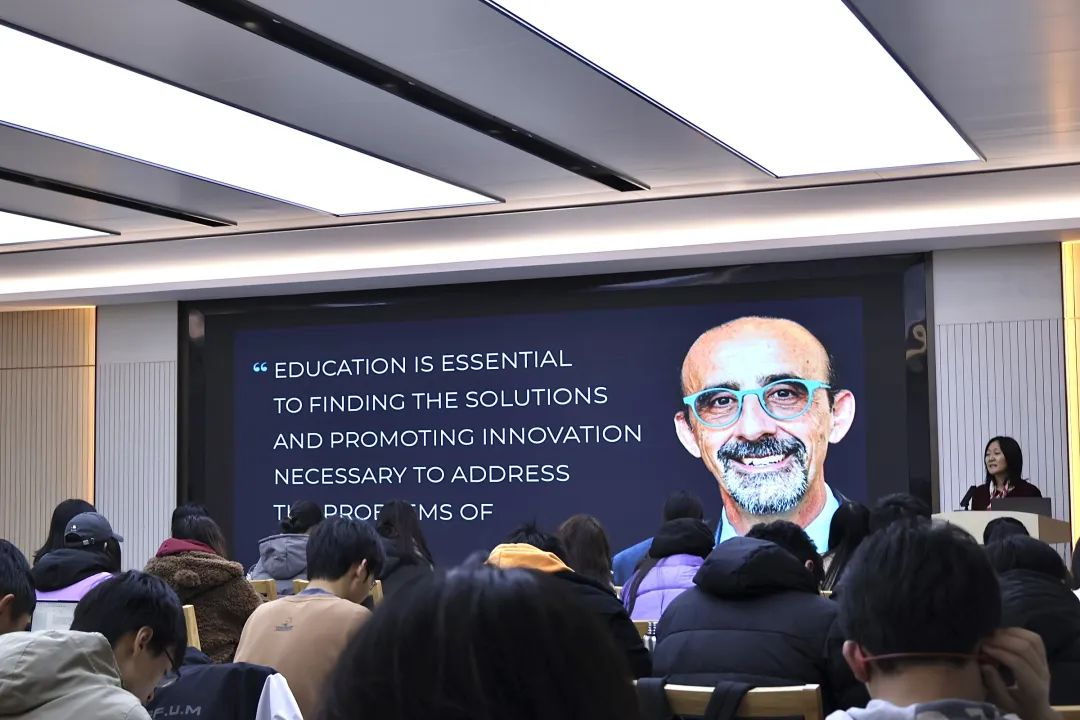
She then systematically sorted out the experience of China's education development in the past 40 years: Universal nine-year compulsory education and elimination of illiteracy, preschool education, secondary education and higher education enrollment rates of more than 80%, 90% and 60%, respectively, students and teachers in China (Shanghai) perform well in the Program for International Student Assessment or the international survey of teacher teaching, Chinese universities continue to rise in the world rankings. At the same time, she also shared the best practices of China-Africa education cooperation supported by the World Bank, such as the training program for non-mathematics teachers organized by Shanghai Normal University.
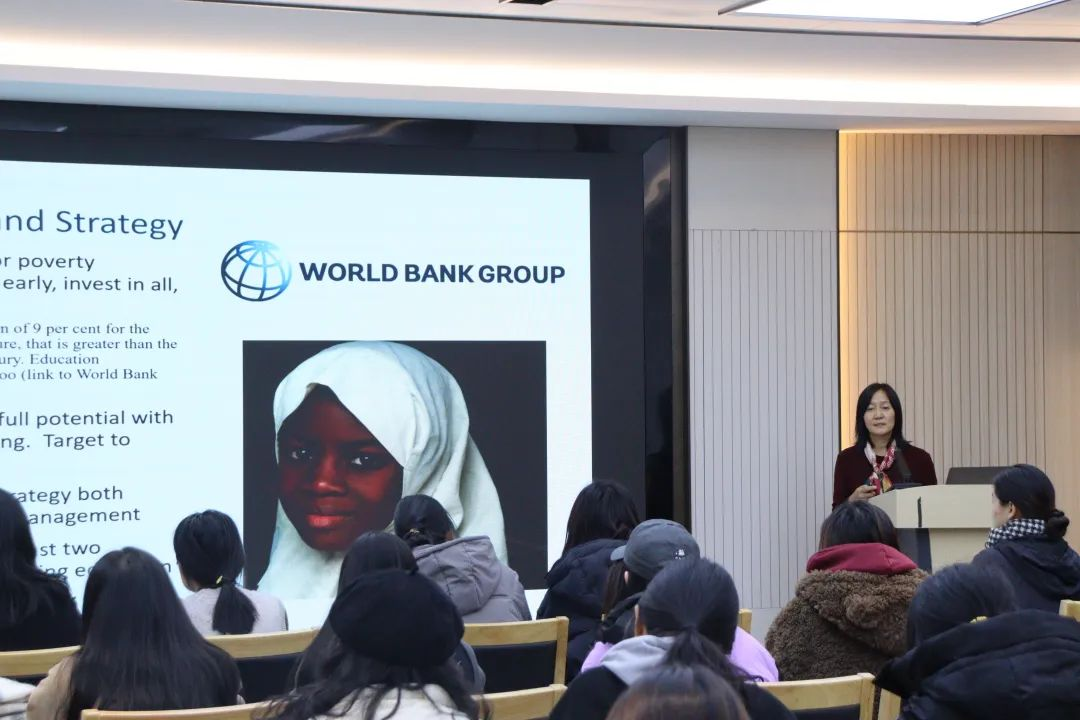
Finally,she offered her personal understanding on how to better play China’s role in international education cooperation. To better coordinate China’s cooperation with Africa, improve the global communication and governance capacity of Chinese enterprise and higher education institutions, enhance the professional level of international management, improve China’s representation in international organizations, and train a group of high-quality talents in the field of international development or international education development .
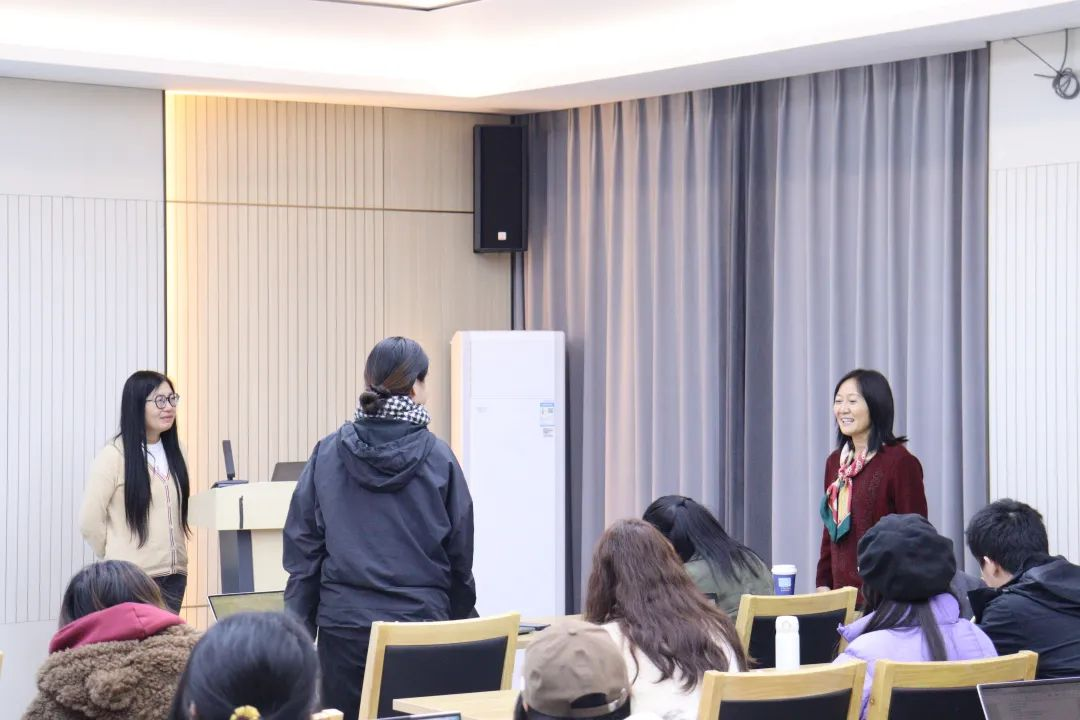
During the question and answer session, the participants had a friendly exchange with Dr. Liang on topics such as the future and difficulties in the development of education in Africa countries, the methods and experiences of field research and the poverty reduction measures of the World Bank. The lecture not only enriched the students’ knowledge in the field of international organizations and international affairs, but also stimulated their great enthusiasm to participate in the global education cause.
Introduction of the keynote experts:
Xiaoyan Liang, Ph.D., Principal Education Specialist at the World Bank, head of the World Bank’s primary School Learning Improvement Project in Tanzania, Education and Skills for Employment Project, and Transformation and Reginal Integration in East Africa Project, and lead author of the report “How Shanghai Does it: Lessons from the World’s Number One Education System”. She is committed to promoting South-South partnerships, regional integration and focusing on core issues such as teachers and curriculum; And sharing alternative education development in developing countries. She has more than two decades of experience in international education policy, program development and implementation.
